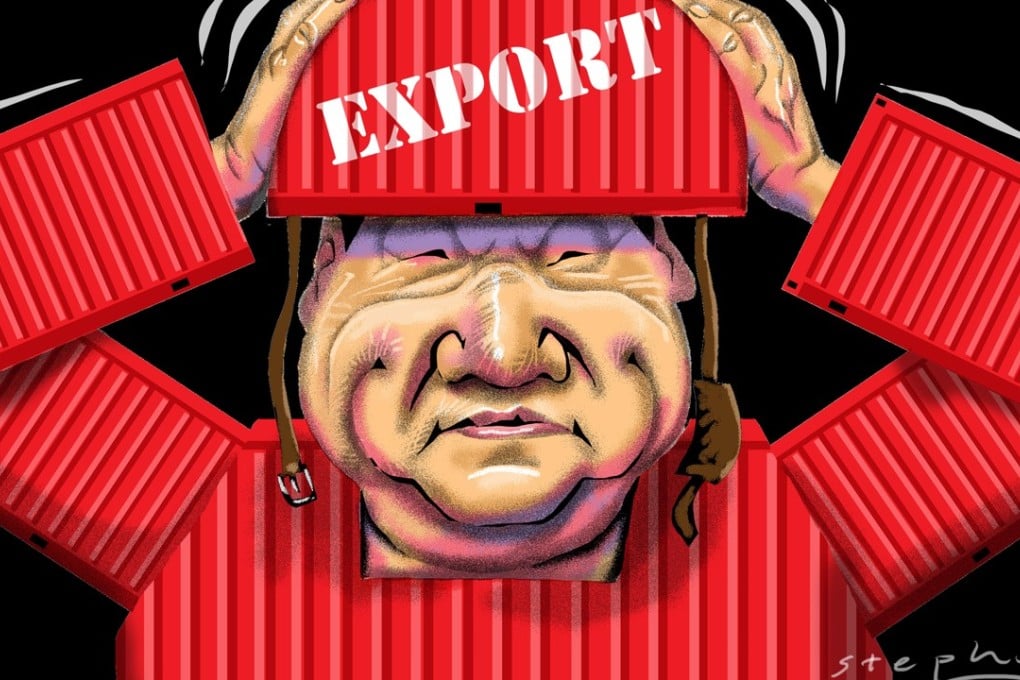Advertisement
The US sees the trade war as a tactic to contain China. So does Beijing
Deng Yuwen says the trade conflict is only a proxy for the larger battle for dominance between the two powers. With all signs pointing to a Chinese government determined to fight back, given that its goal of national rejuvenation is at stake, China is unlikely to cave in to US pressure
Reading Time:4 minutes
Why you can trust SCMP

China and the US are heading into an epic trade war. Does this signal the beginning of an era of all-out confrontation between the two powers, or will the fight be limited to the economy? There are different views on this.
For the US, this trade war must be seen in the larger context of a shift in America’s perception of China. Many experts, scholars and even regular folk recognise that the Trump administration’s targeting of Chinese trade is not being done on a whim; it is supported by the two political parties, Congress and the US public, including the business sector.
In other words, the whole of American society appears to have reached a consensus on a new approach to dealing with China. For the first time in 40 years, the US now sees China as a rival nation to be contained and beaten. This view is reflected in the US security strategy unveiled late last year, in which China was named as a major competitor seeking to challenge US power and undermine its interests.
Advertisement
To use the language of the hawks in US policy circles, China is now the enemy. So, it’s not surprising at all that President Donald Trump has taken such an uncompromising stance on trade against China. While divergent views within the administration may emerge on occasion, the general trend is clear: the China hawks are on the ascent.
Watch: Trump talks tough on trade and tariffs
Advertisement
Select Voice
Select Speed
1.00x